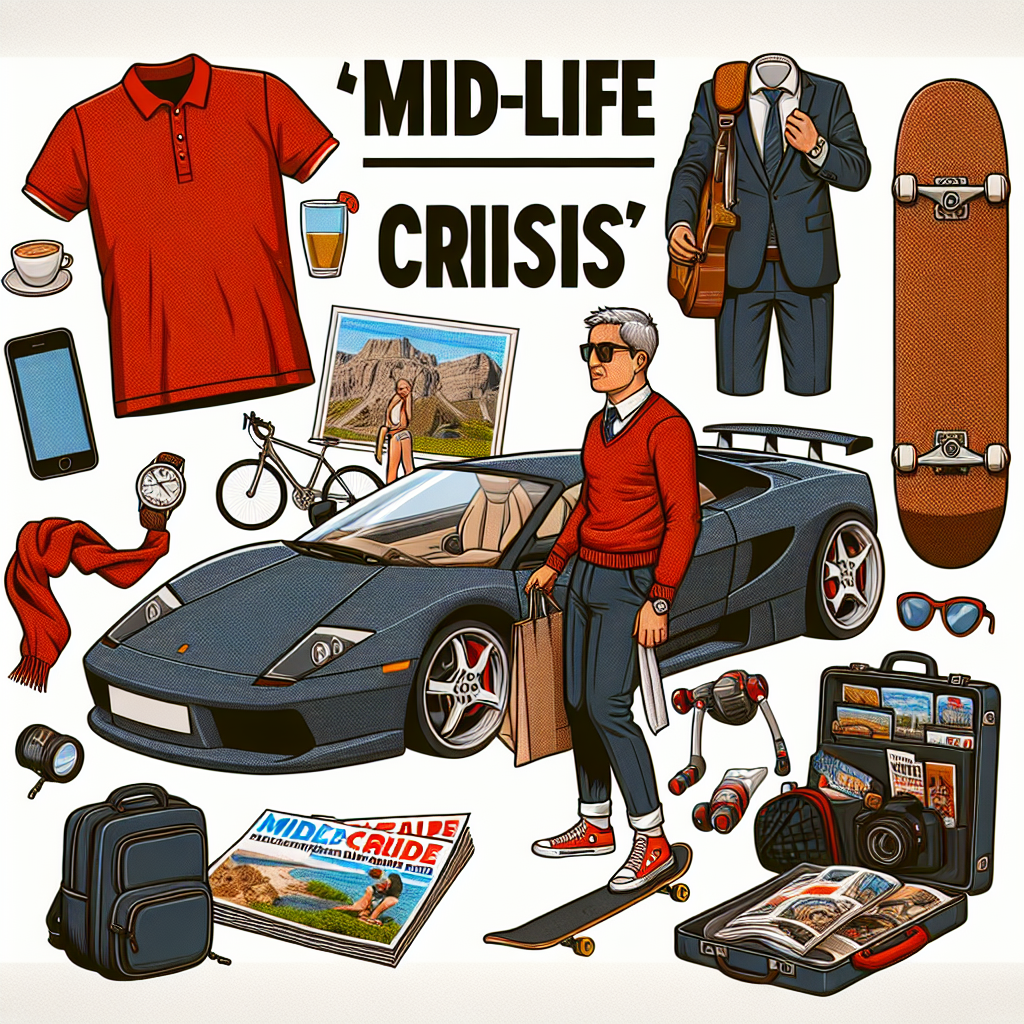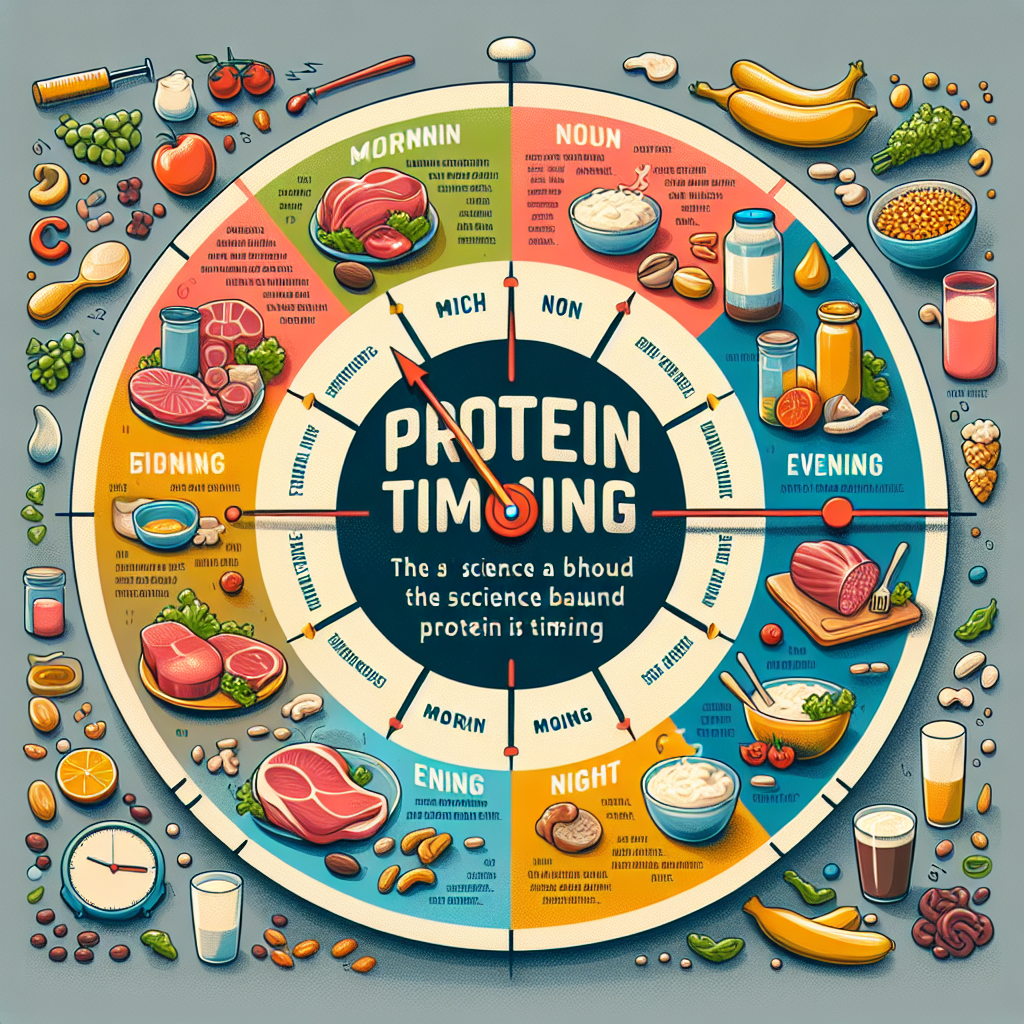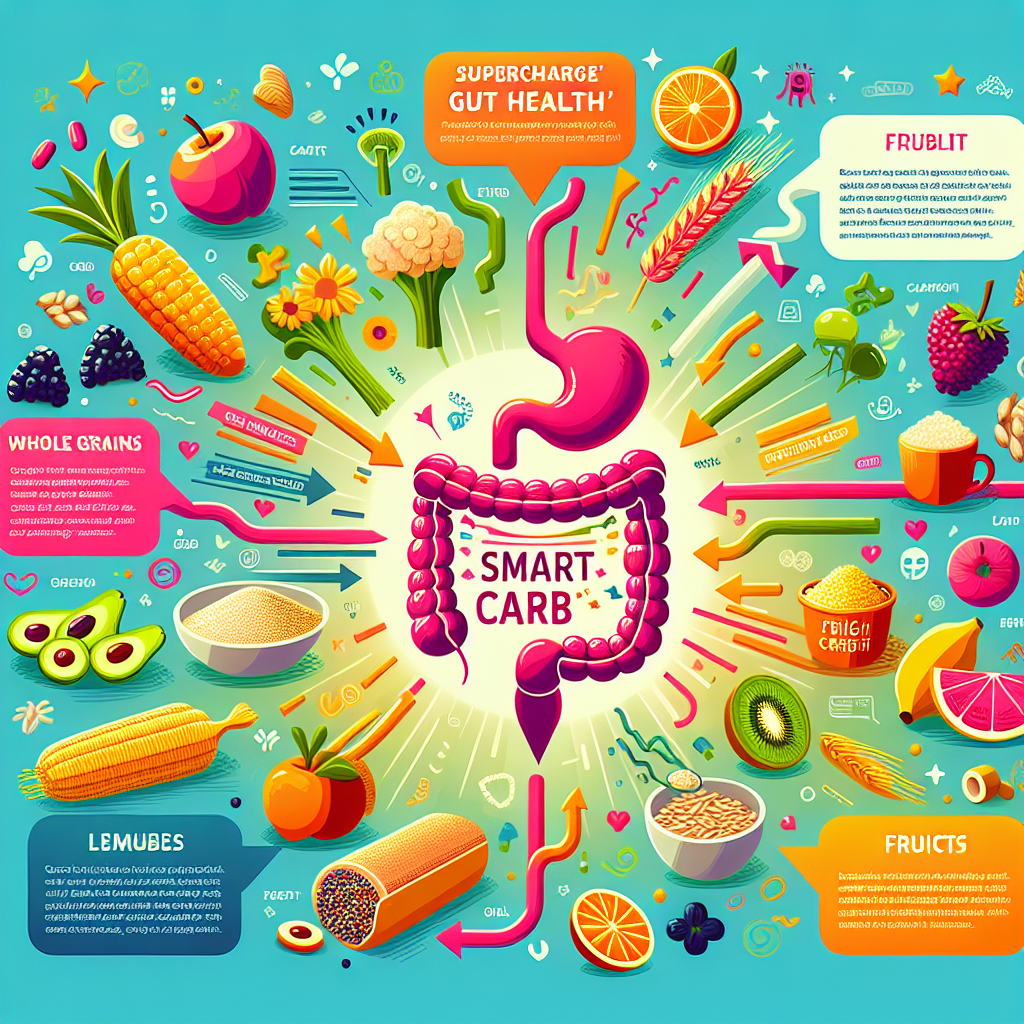Signs indicating mid life crisis
1. Emotional Turmoil
As individuals approach midlife, they often experience heightened emotional turbulence. Feelings of anxiety, sadness, and frustration can become prevalent. According to a study conducted by the American Psychological Association, about 26% of adults report feeling a sense of emptiness during their midlife years. This emotional upheaval can be triggered by various factors, such as career stagnation, changes in family dynamics, or the death of loved ones. Recognizing these feelings is an important step towards addressing them and seeking support if needed.
2. Reevaluation of Life Choices
Midlife is a period when many undertake a thorough evaluation of their life’s journey. People might find themselves reflecting on their achievements, regrets, and future aspirations. According to a survey by the Pew Research Center, 42% of individuals in their 40s and 50s reported contemplating significant life changes. This reevaluation can lead to feelings of dissatisfaction and a desire to pursue different paths, whether in their career, relationships, or personal growth.
3. Desire for Change
One of the most common signs of a midlife crisis is an overwhelming desire for change. This can manifest in various ways, such as changing jobs, starting new hobbies, or even making drastic lifestyle changes. Research shows that about 30% of men and women experiencing midlife crises seek drastic changes, often resulting in impulsive decisions. This desire for change may stem from a need to break free from monotony or dissatisfaction with their current situations.
4. Increased Interest in Youthful Activities
As individuals reach midlife, many start to long for the vibrancy and energy of their younger years. This yearning often leads them to engage in activities that they may have enjoyed in their youth, such as sports or music. A survey by AARP revealed that approximately 60% of adults aged 40 and older express a desire to reclaim their youthful exuberance through new adventures. While this can be a positive shift, it may also signal a disconnect from one’s current reality.
5. Strained Relationships
Midlife often brings about challenges in personal relationships. Individuals may find themselves reassessing their friendships, marriages, and family ties. A statistic from the National Institute of Mental Health indicates that around 35% of adults in midlife report feeling emotionally disconnected from their partners. This disconnect can lead to conflict or even separation, as one may seek different emotional needs during this period of transition. Recognizing this strain is crucial in order to rebuild connections or seek resolution.
6. Impulsive Purchases
Another classic sign of a midlife crisis is engaging in impulsive spending. Many individuals may feel compelled to buy a new car, change their wardrobe, or invest in luxury items. The Journal of Consumer Research found that about 38% of individuals facing midlife crises cite impulsive purchasing as a way to cope with their feelings of dissatisfaction. Although these purchases can provide temporary joy, they often do not have lasting benefits and may lead to financial regret.
7. Career Changes or Burnout
Midlife may trigger a wave of career reevaluation, with some individuals seeking new job opportunities or experiencing burnout in their current roles. According to the Bureau of Labor Statistics, individuals aged 40 to 60 are more likely to change jobs than any other age group. Around 25% of midlife workers express feelings of discontent with their careers, prompting them to consider transitions to more fulfilling or engaging work. Understanding the root cause of these feelings can be vital to finding the right path forward.
8. Health Issues
As individuals age, they may become more acutely aware of their health. Developing new health issues or facing existing ones can be a significant stressor. Research indicates that approximately 70% of individuals aged 40 and older report increased health concerns during midlife. This newfound focus on health can lead to anxiety, prompting discussions about mortality and life satisfaction. Recognizing and addressing health issues can lead to improved well-being and overall happiness during this transitional phase.
9. Sudden Friendships with Younger People
Some individuals entering midlife may begin to form friendships with younger groups. While this can be a positive way to recapture a sense of youth, it can also imply an underlying struggle to reconcile with aging. According to a survey, around 45% of midlife adults initiate friendships with younger individuals to rediscover their passions and interests. Although these relationships can be enriching, it is essential to reflect on one’s needs and motivations to ensure they stem from a healthy place.
10. Increased Self-Reflection and Self-Care
Finally, a midlife crisis can trigger a surge in self-reflection and a greater emphasis on self-care. Many embark on personal development journeys, exploring mindfulness and therapeutic practices. According to a study by the Journal of Happiness Studies, nearly 55% of adults report seeking out self-improvement strategies during midlife. Engaging in self-care can provide clarity and insight, helping individuals to better navigate the complexities of this transitional phase.
In conclusion, recognizing the signs of a midlife crisis is essential for personal growth and development. The journey through midlife can be both challenging and transformative; understanding the underlying emotions and changes can lead to a more fulfilling and positive experience. Individuals experiencing these signs are encouraged to seek support, either through friends, family, or professionals, as they navigate this significant life phase.




Post Comment